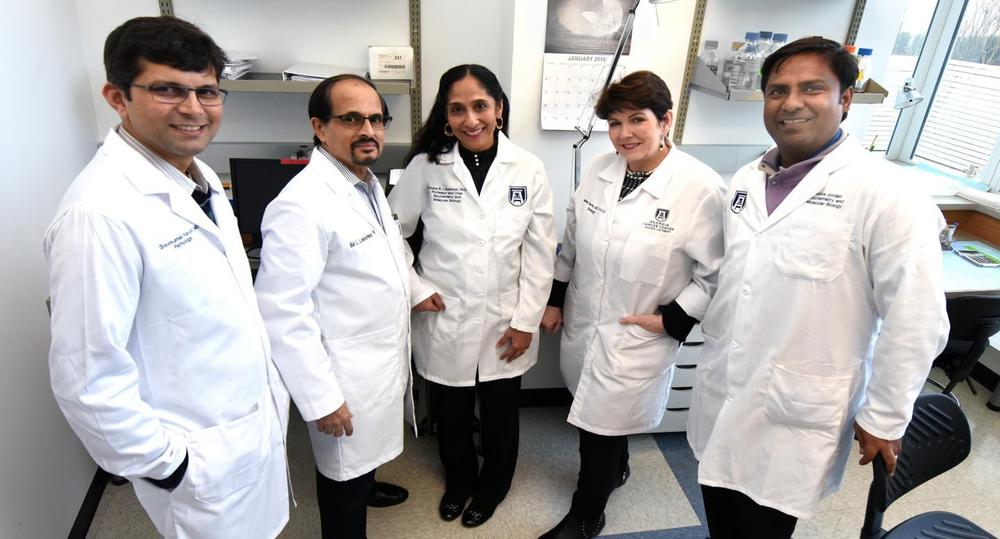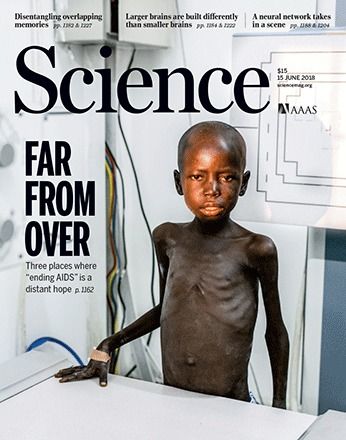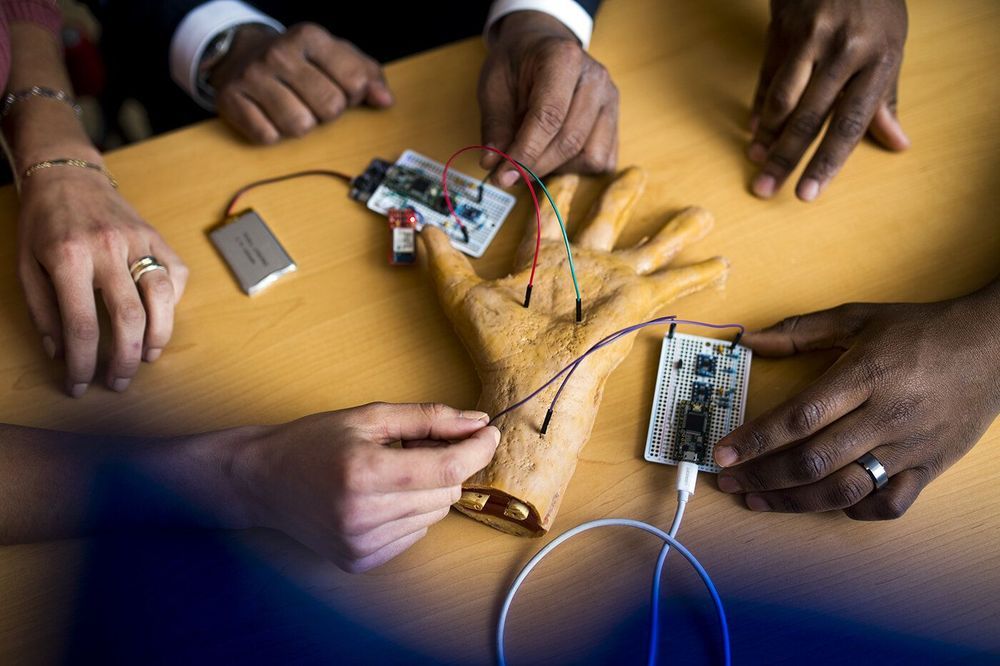Space technologies will one day take us to asteroids, Mars and back to the moon, and the impact of these missions will be felt back on Earth, says George Whitesides, Chief Executive Officer at Virgin Galactic and co-chair of the Global Future Council on Space Technologies. In this interview, he explains how the latest developments in space technologies will help bring about revolutions in wifi access, travel and beyond. science space science cool science space and science universe space science.
What is the state of space technology today?
We are at an exciting moment. What we see are several converging trends that will change how we approach space technologies, at a rate of innovation that we haven’t seen in a long time. science space science cool science space and science universe space science.








